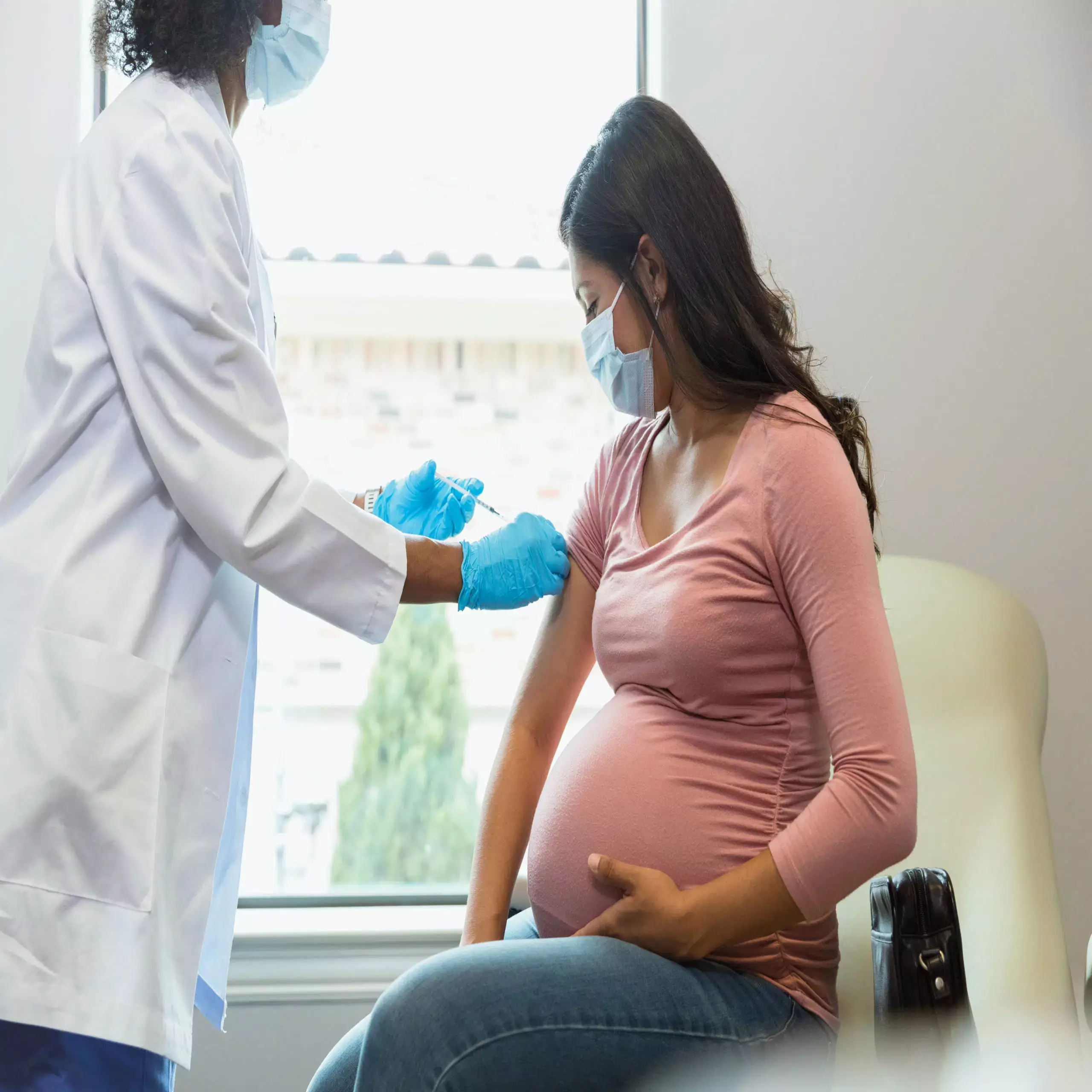The battle against COVID-19 has revealed numerous health complexities, particularly concerning pregnant women. Evidence suggests that the COVID-19 vaccination not only protects mothers but crucially shields their infants from the aggressive virus. For mothers-to-be, receiving the vaccine is not merely an option but a powerful step toward safeguarding both their health and that of their unborn children. With vaccines available for those aged 6 months and older in the United States at no cost, it is both an accessible and essential resource for pregnant women to prioritize.
COVID-19 poses unique risks during pregnancy. Pregnant people are classified as being in a high-risk category for severe consequences if infected with the virus. Unfortunately, the timeline for a vaccine targeting infants less than six months old remains uncertain. Therefore, it becomes imperative for expecting mothers to receive vaccinations to pass on immunity to their babies before birth.
Scientific Backing for Vaccination
Recent studies substantiate the narrative surrounding the safety and efficacy of COVID-19 vaccinations in pregnant individuals. Data from the Centers for Disease Control and Prevention (CDC) and research conducted by Massachusetts General Hospital (MGH) demonstrate a direct correlation between maternal vaccination and the transfer of protective antibodies to infants. This protective mechanism is crucial, especially in the context of rising COVID-19 hospitalization rates among newborns.
A notable study published in The Journal of the American Medical Association (JAMA) indicates that infants born to vaccinated mothers had more substantial antibody levels than those born to unvaccinated mothers who were infected with COVID-19. Findings revealed that maternal vaccination provided not only immediate but also durable immunity. Remarkably, 57% of infants maintained detectable antibodies at six months—a significantly higher percentage compared to only 8% in those who were born to unvaccinated mothers.
The Timing of Vaccination Matters
While the benefits of vaccination are clear, the timing of these vaccinations can make a considerable difference in outcomes. Pregnant individuals who receive both doses of an mRNA vaccine during specific periods—particularly between 20 and 32 weeks of gestation—appear to offer their newborns the peak transfer of antibodies. A research group studying significant variables in maternal vaccination concluded that early third-trimester vaccinations led to higher antibody levels, which is essential for providing infants with optimal protection as they enter the world.
Moreover, women who tuned their booster shots in alignment with these optimal times experienced even greater benefits, facilitating the transfer of protective antibodies. This evidence underscores the importance of proactive engagement with healthcare providers to ensure that vaccination schedules align with these research findings.
Addressing the Gap in Information
Despite the substantial benefits of receiving the vaccine, a concerning gap exists. According to the CDC, only about 67% of pregnant individuals in the U.S. have been vaccinated against COVID-19. This low percentage can be attributed to a myriad of factors, including misinformation, fear of complications, and lack of access to health services. Addressing these barriers through community outreach, educational campaigns, and information dissemination is imperative in closing the gap between the known benefits of vaccination and actual maternal immunization rates.
Additionally, health organizations such as the CDC and the American College of Obstetricians and Gynecologists (ACOG) advocate for the immediate vaccination of pregnant women. They emphasize that vaccination can offer a robust shield against severe illness for both mothers and their children. Persistent campaigns to disseminate accurate information and reassurances about vaccine safety are crucial in encouraging more pregnant individuals to take this vital step.
Looking Ahead to Improved Health Outcomes
The potential of maternal COVID-19 vaccination to dramatically alter health outcomes for infants cannot be overstated. The significant reduction in hospitalizations among babies born to vaccinated mothers signifies an urgent call to action. Expecting mothers can play a pivotal role in shaping their newborns’ health trajectories by strategically timing their vaccinations and engaging in discussions with healthcare providers.
In light of the ongoing discussions about COVID-19 and its implications for maternal and infant health, it is evident that vaccinations are a critical element in the public health conversation. The data supports a straightforward message: Vaccination during pregnancy not only protects mothers but also empowers infants with vital immunity. This collective responsibility toward informed health choices emphasizes the importance of sustaining a focus on maternal vaccination as a means to achieve better health outcomes in our communities.


Leave a Reply